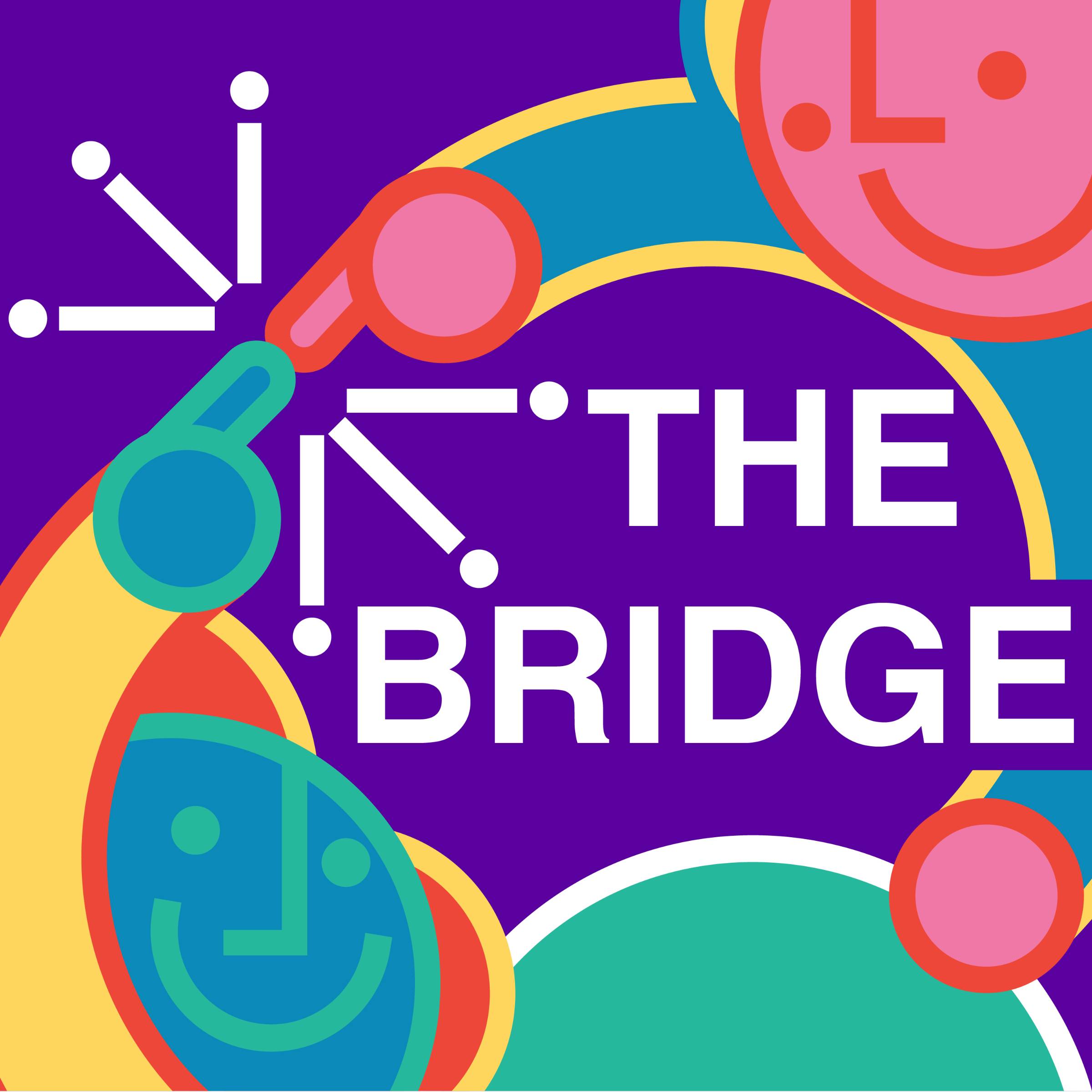
What's ‘Middle Class’ in the US and China?

The Bridge
Deep Dive
Why do most American workers feel dissatisfied with their pay according to Pew Research?
54% of American workers say their pay hasn’t kept up with the cost of living, and they don’t earn enough to pay their bills.
How do Chinese citizens feel about China's security in the international environment?
Over 76% of Chinese citizens believe China is very secure or relatively secure in the international environment, despite global concerns about wars and financial crises.
What is the perception of Chinese citizens towards the U.S. government and its people?
81.71% of Chinese respondents have a neutral or favorable attitude towards ordinary Americans, while 81.4% expressed unfavorable views toward the U.S. government.
What is the difference in credit card debt culture between the U.S. and China?
Chinese people generally avoid debt and prefer to live frugally, while in the U.S., many rely on credit cards for basic needs like groceries, often paying high interest rates.
How has income inequality in the U.S. changed over the years?
The bottom 50% of Americans now hold only 2% of the nation’s wealth, down from 4% in 1990, while the top 1% controls about 30% of the wealth.
What societal measures has China taken to reduce income inequality?
China has improved access to healthcare and education in rural areas, removed agricultural taxes, introduced social safety nets like pensions, and made education more affordable.
How does homeownership differ between the U.S. and China?
Most Chinese citizens own their homes outright, while in the U.S., 50% of real estate equity is owned by banks, and many Americans struggle with mortgages or rent.
What is the impact of the Gaokao (college entrance exam) on social mobility in China?
The Gaokao is a highly secure and fair system that allows students from lower-income families to access higher education and improve their social status, as it is based solely on merit.
How has the cost of living in the U.S. changed from 2000 to 2024?
The Consumer Price Index (CPI) has increased by 180%, meaning the cost of living has nearly doubled, with college tuition and medical care rising by 280% and 200% respectively.
What percentage of Americans say they cannot pay their bills?
25% of Americans say they cannot pay their bills, which creates a risk of falling into homelessness or financial instability.
- Most Americans feel good about job security but not their pay.
- A large majority of American workers say their pay hasn't kept up with the cost of living.
- Most Chinese families tend to say they will be better off in five years.
Shownotes Transcript
According to Pew Research, Most Americans Feel Good about their Job Security but not their Pay, we take a look at American Finances. Are Chinese workers really better off? We dig deep into the truth on the ground.